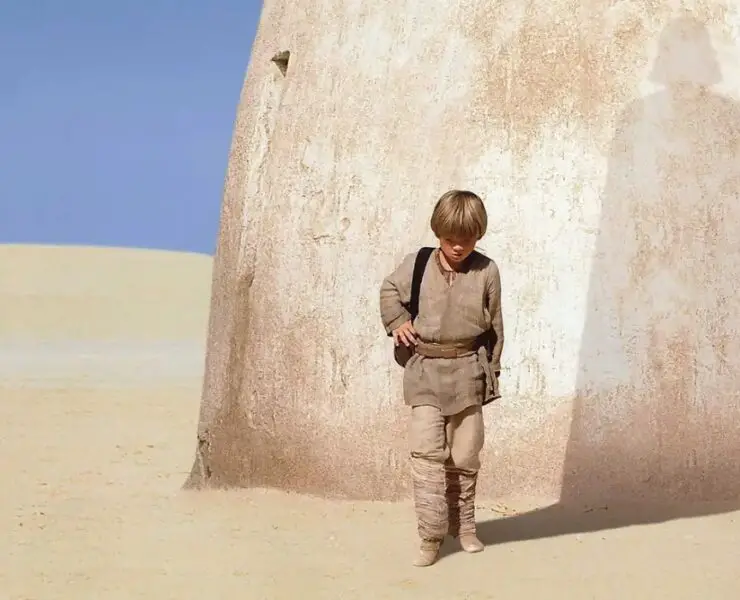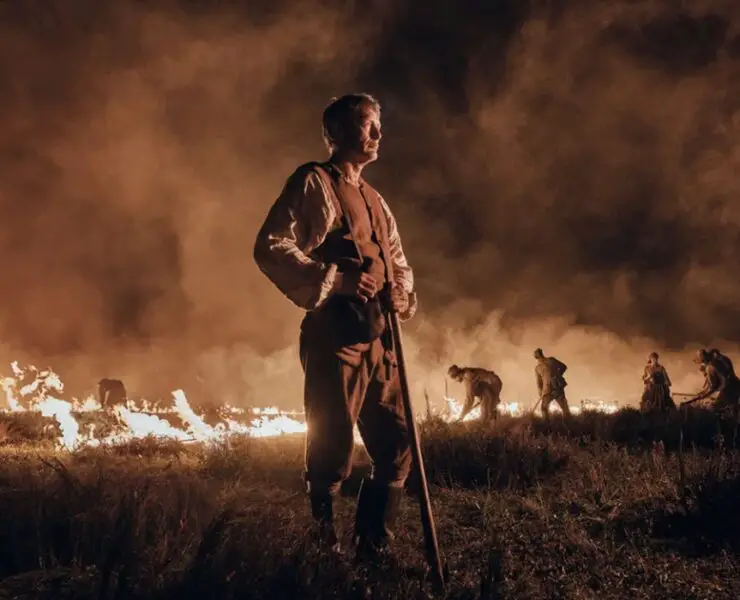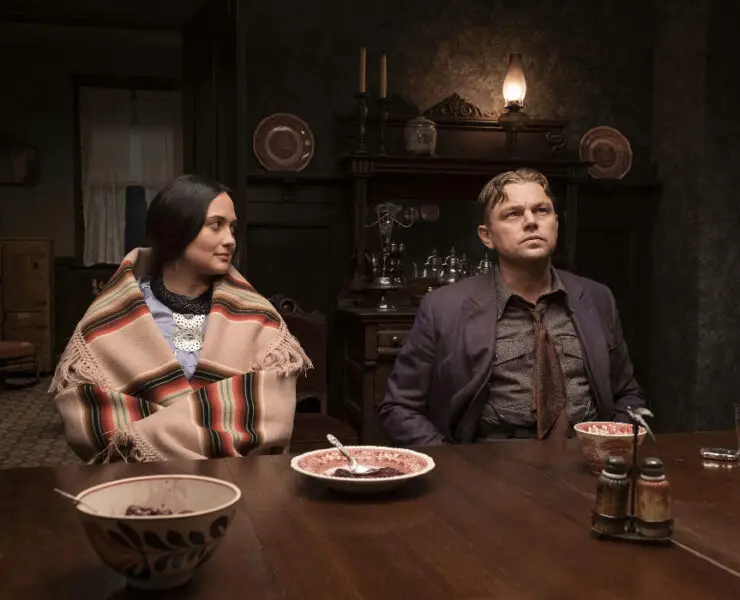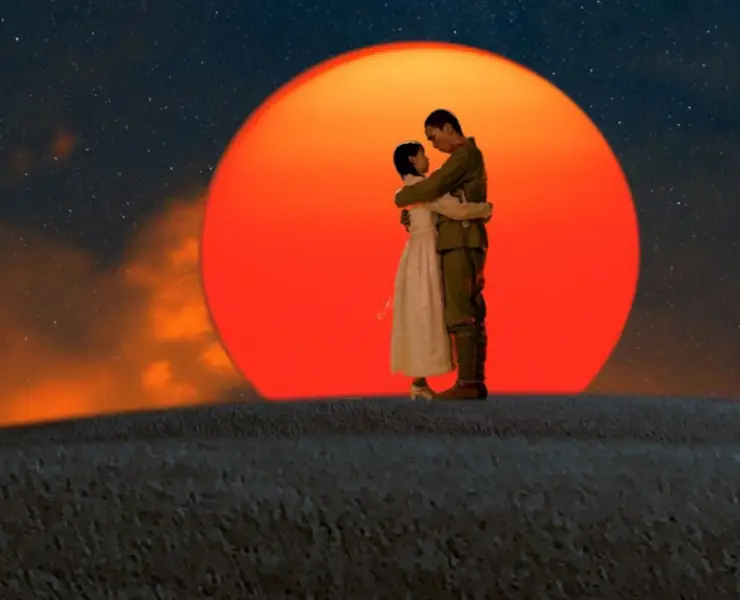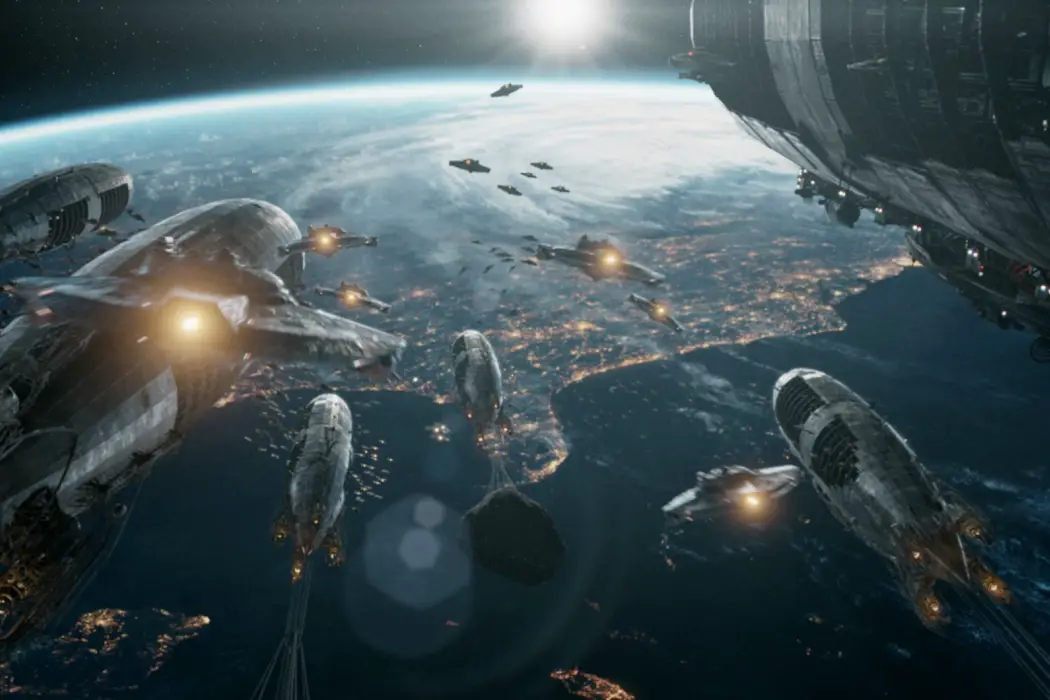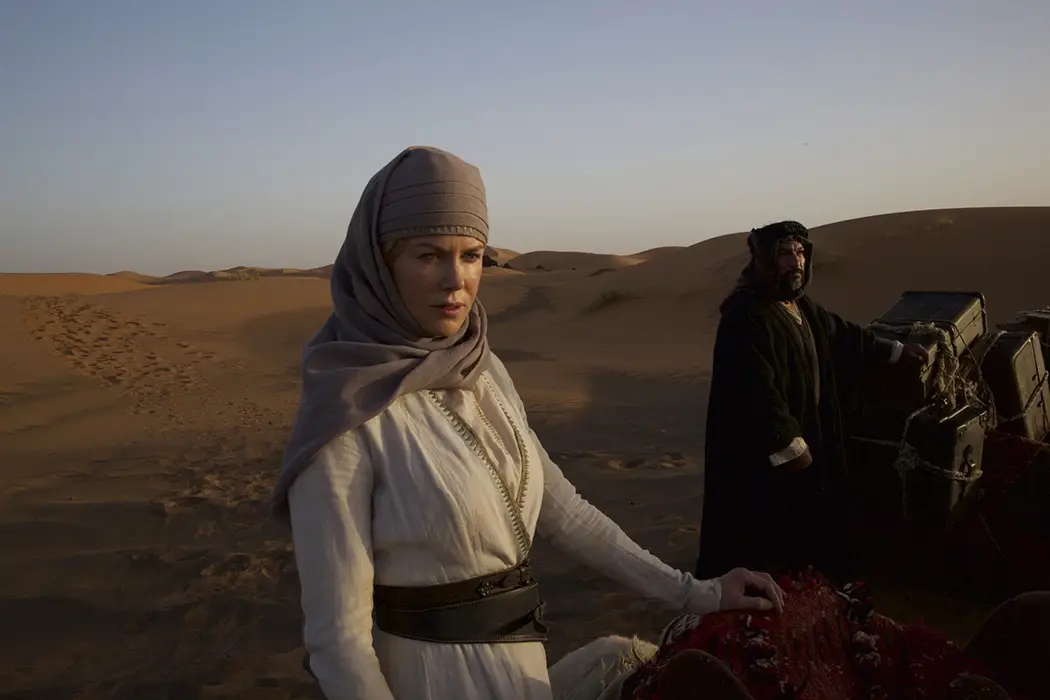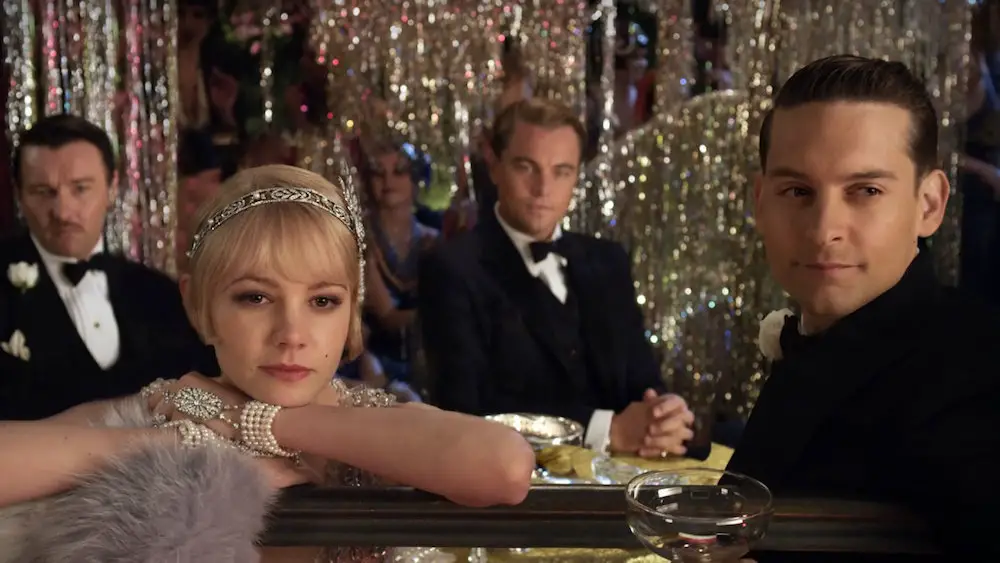epic
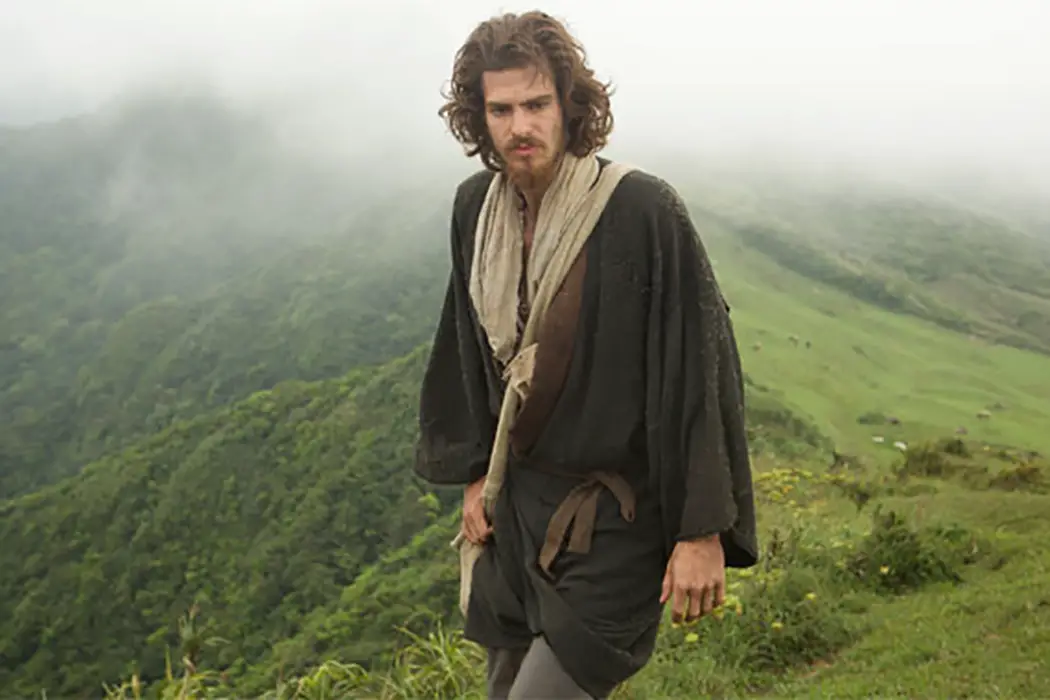
Martin Scorsese’s Silence begins with a dark, blank screen, with only the gentle humming of cicadas heard on all sides. It then immediately opens up to an overcast shot overlooking the banks of a river, where numerous people are being strung up and tortured. Such a peaceful moment undercut by extreme violence is very much an indication of what’s to come.
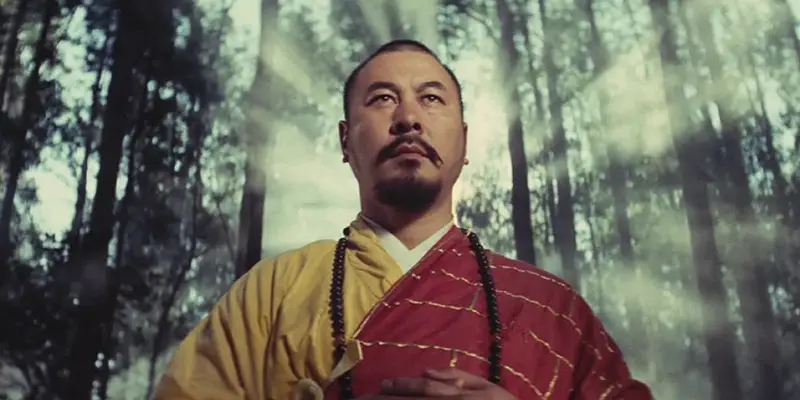
The new Criterion Collection release of A Touch of Zen includes director King Hu’s own notes on the film. In these notes, Hu discusses a conversation he had with a Zen Buddhist who told him that Zen must be understood not through verbal explanation, but through an enlightening experience. Despite his renown as a director of wuxia films, Hu was neither a Buddhist nor a martial artist; but, he believed that capturing an experience of Zen would make for a strong film.


